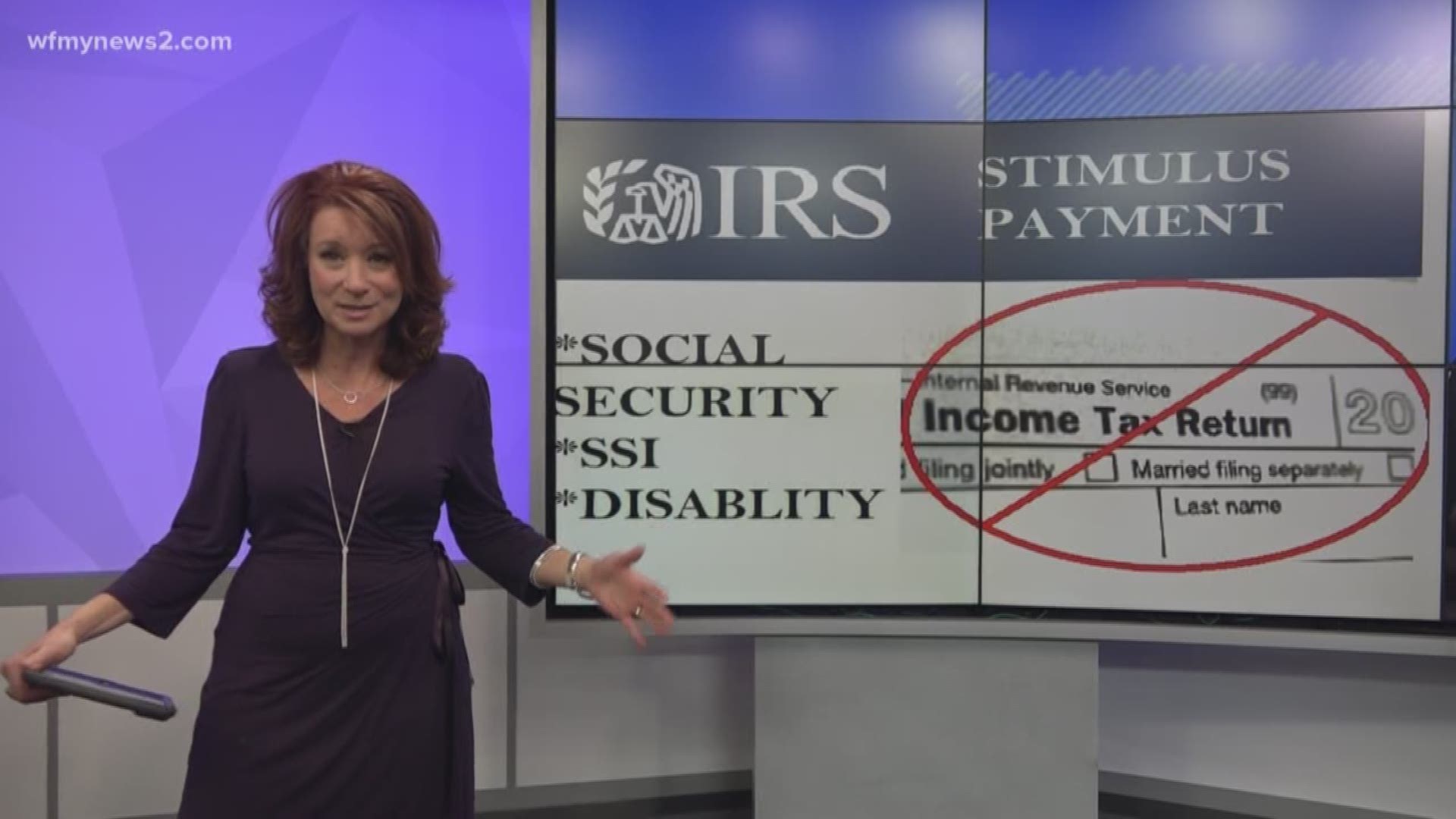

In the vast majority of tax-related identity theft cases, the IRS identifies a suspicious tax return and pulls the suspicious return for review. Tax-related identity theft occurs when someone uses a taxpayer's stolen SSN to file a tax return claiming a fraudulent refund. Tax-related identity theft and how to handle it Taxpayers will either receive a notice with their new IP PIN every year in early January for the next filing season or they must retrieve their IP PIN by going to IRS.gov. The taxpayer will receive a notification confirming the tax-related ID theft incident along with an assigned IP PIN for future tax-return filings. The IRS may automatically assign an IP PIN if the IRS determines the taxpayer's a victim of tax-related identity theft. Once an individual is enrolled in the IP PIN program, there's no way to opt-out. A new IP PIN is generated every year for added security. Once authentication is complete, an IP PIN will be provided online immediately. Taxpayers can go to IRS.gov/getanippin to complete a thorough authentication check. If they suspect or confirm they're a victim of identity theft.If they think their SSN, ITIN or personal information was exposed by theft or fraudulent acts or.If they want to protect their dependent's SSN or ITIN with the IRS,.If they want to protect their SSN or ITIN with the IRS,.The IP PIN protects the taxpayer's account, even if they're no longer required to file a tax return, by rejecting any e-filed return without the taxpayer's IP PIN Identity Protection PINs and how to get oneĪn IP PIN is a six-digit number the IRS assigns to an individual to help prevent the misuse of their Social Security number or Individual Taxpayer Identification Number (ITIN) on federal income tax returns. By requesting Identity Protection PINs from the Get an IP PIN tool on IRS.gov, taxpayers can prevent thieves from claiming tax refunds in their names. Some identity thieves use taxpayers' information to file fraudulent tax returns. 3.WASHINGTON - The Internal Revenue Service today reminded all taxpayers – particularly those who are identity theft victims – of an important step they should take to protect themselves from tax fraud. To get an IP PIN, you must pass our identity verification secure access process. You filed your federal tax return last year with an address in Florida, Georgia, District of Columbia, Michigan, California, Maryland, Nevada, Delaware, Illinois, or Rhode Island.You received an IRS letter inviting you to 'opt-in' to get an IP PIN, or.We rejected your e-file return because your IP PIN was missing or incorrect.You didn't receive your new IP PIN and you had one before, or.You lost the CP01A Notice we sent you with your new IP PIN, or.You may retrieve your IP PIN to file your current or prior year tax returns in 2019 if: A new IP PIN is generated for each filing season and can be retrieved starting in mid-January of each year by logging into the account you create. Your IP PIN will be displayed to you online once we verify your identity. To get your IP PIN, you must be eligible as determined in Step 1 below. At this time, if you choose to receive an IP PIN, you must use your IP PIN for all future filings. If you are assigned or if you request an IP PIN, you must use it to confirm your identity on any tax returns filed electronically during the calendar year. If you choose not to participate in the program by not requesting an IP PIN, you can file your return as you would normally.

Requesting an IP PIN is strictly voluntary. An IP PIN is a six-digit number assigned to eligible taxpayers that helps prevent the misuse of their Social Security number on fraudulent federal income tax returns.


 0 kommentar(er)
0 kommentar(er)
